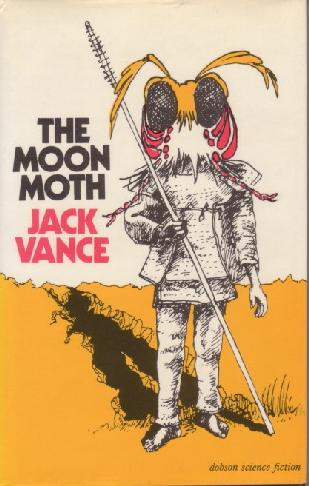
^not our author.
The first half of Jeff in Venice takes place during the Biennale, a conference for the international art world that our protagonist, Jeff, attends as a reporter. He views exhibits, drinks a lot, and meets a woman, all while keeping up a constant monologue designed to undermine his observations and activities: a bar left dry after a night of parties is "still, ostensibly, a bar but it was a place, now, of abandoned meaning... It seemed quite possible that a curse had now fallen upon the place..." and Venice wakes up and puts on "a guise of being a real place even though everyone knew it existed only for tourists." His endless series of clever evaluations of Venice, the art world, and himself never add up and it seems to be his intention to keep them from becoming too significant in a habit of playful self-effacement.
Our second protagonist may be Jeff-- at least, he bears some similarities. Another set of similarities is the big idea of the novel: that Varanasi, in India, is somehow linked to Venice, another city filled with water. If Venice is exhausted of meaning, its poetic unity is transferred from traditionally poetic Venice to Varanasi, where our maybe-Jeff has a gradual religious experience. His revelations are still undermined and doubted, but they end in something like total transformation induced by a place that seems to him to be relentlessly significant. Varanasi lends meaning to a world that includes a tourist's Venice, and maybe the second half of the novel is meant to raise up the first half without its consent.
Geoff Dyer's strategy of a double novel is disorienting, which I guess was his intention, and it's clear that neither novella would be as affecting on its own. The balance created is unusual and interesting, although it sacrifices and undermines the moving qualities of a traditional narrative.


